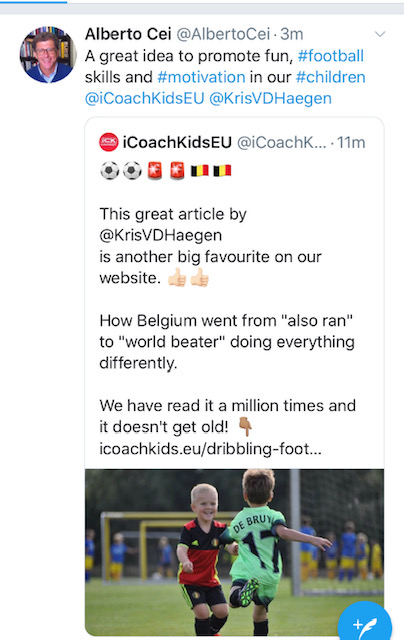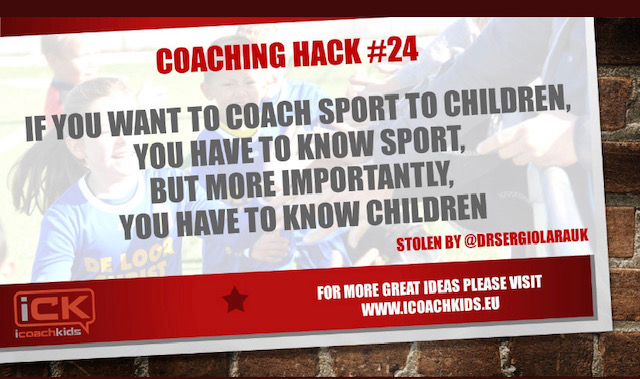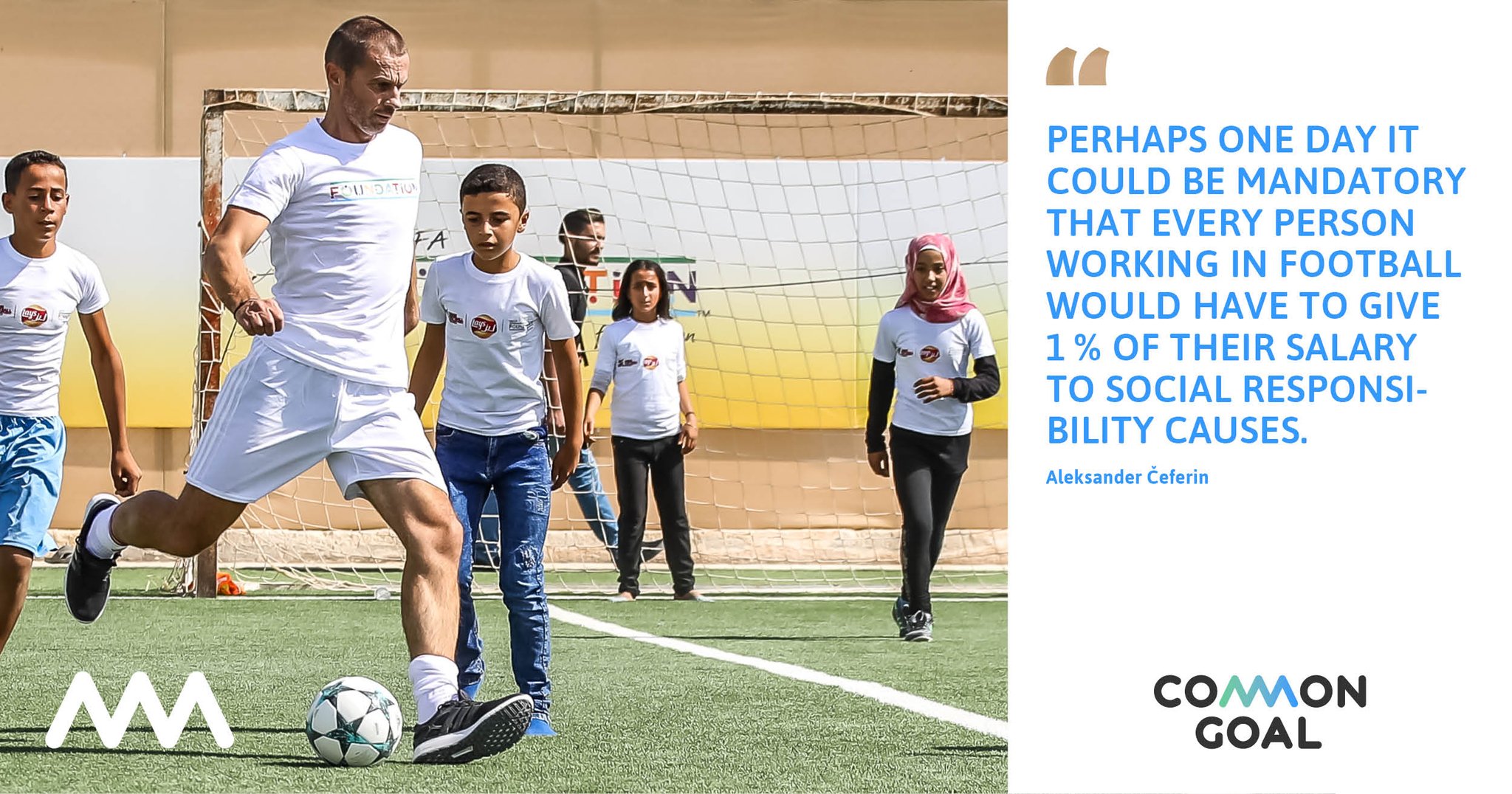The Italian Football Federation was the only one Federation requiring the sport psychologist for theFootball schools who wish to become qualified or elite, as they are currently defined. This year the Federation delete this rule, this step back requires an equally significant reaction from the sport psychologists engaged in youth football. The official statement indicates that the Football school to be called élite could, among ohers options, “develop a training project during the football season, in collaboration with one ” Sports Psychologist ” experienced and certified.”
The contribution of such experience must be identified in the implementation of projects supporting specific figures involved in the educational process of the child (staff, parents, etc.).”
The psychologist will be an optional choice of the Football school, it’s no more mandatory to have in the club staff the psychologist. The clinical psychologist organize, very often in the Football school, improbable meetings with parents, however, such activity has nothing to do with sport psychology. So what she does and what she offer the sport psychologist in a Football school to really become an élite tool?
Through my experience in youth football I can define some basic guidelines, characterizing a project of sport psychology in Football school: the adequacy of the method adapted to the age of young athletes, the social surrounding and the organizational environment; the use of specific psychological tools; the continuity of the times, the constant monitoring and validation; planning specific psychological objectives, also across the other areas (technical, tactical, motor skills), the design of practical interventions allowing the achievement of shared goals.
Here are a number of proposals that must be developed, organized and obviously adapted to the context:
- Training of coaches
- Observation on the pitch and data sharing
- Meeting with parents with a previous needs analysis, they have to be scheduled and conducted through interactive teaching techniques
- Integrated projects, on specific topics within the club and the territory
- Professional lab with psychologists and coaches
- Studies-research on particular soccer aspects
These are just some of the many practical suggestions that the sport psychologist may propose in a Football school.
Finally I would like to remind both psychologists and Football school collaborators that it’s not possible any collaboration without a fundamental activity: stay in the pitch. One day, after listening to my experience, a manager of Football school asked me amazed: but then the psychologist stay in the pitch?
Sports psychologist has to stay in the pitch and there is no sport professional that it does not touch the green rectangle and this is even more true when we talk about children and football.
The activities that can be performed are varied and can, if well organized, have a strong impact on the Football school performances. If you are a sport psychologists or a Football School professional, contact me if you want to learn more.
(by Daniela Sepio)








